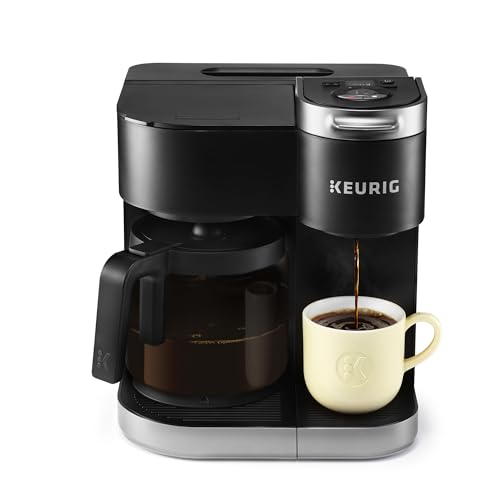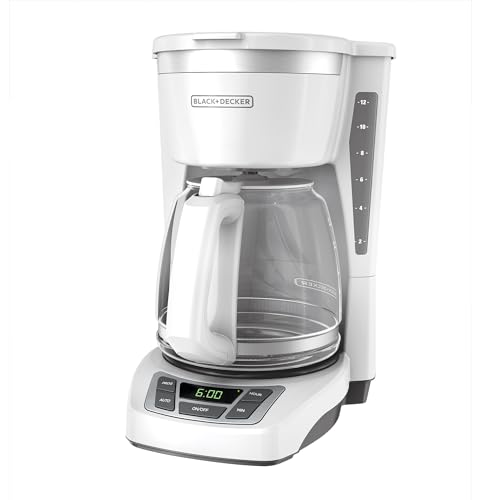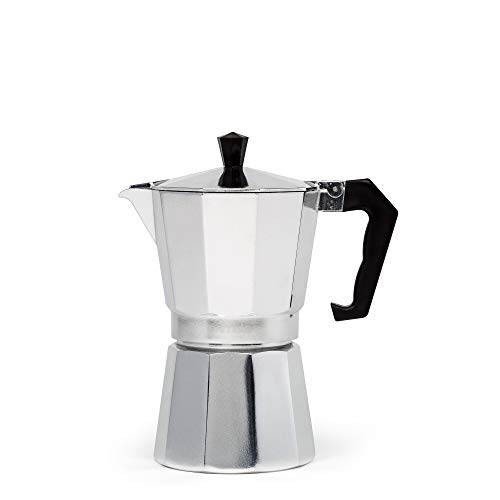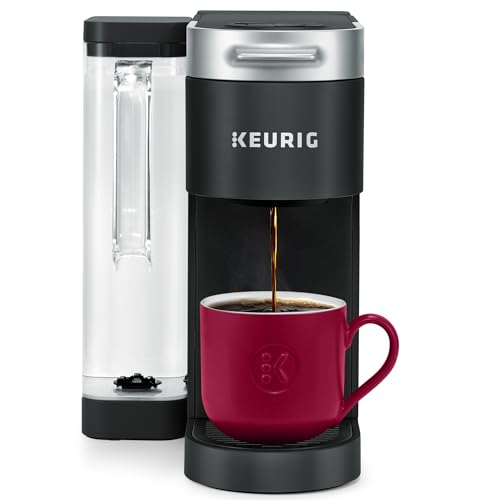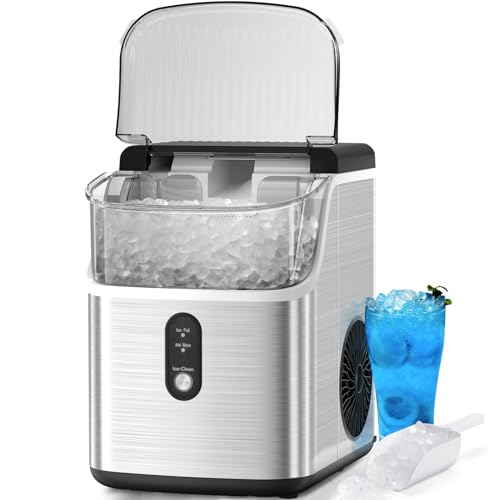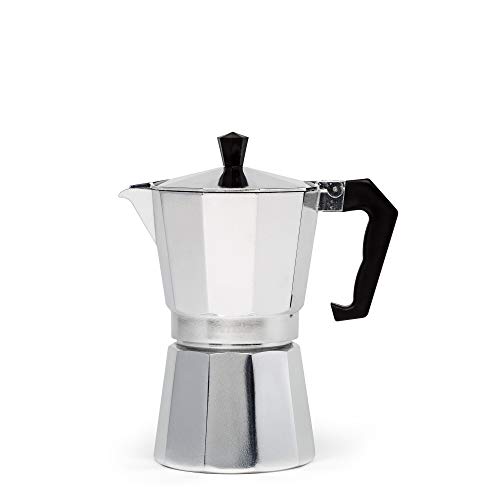“What Is A Food Processor?” It’s a common question among those starting their culinary journey or looking to modernize their kitchen with versatile appliances. This introductory primer is meant to shed some light on this vital kitchen tool.
A food processor is an electric-powered gadget designed to assist in routine kitchen tasks. Its multifaceted nature makes it highly desired among both amateur and professional chefs.
By automating tasks such as chopping, grinding, mixing, and pureeing, food processors save valuable time and effort. Their efficiency and versatility make them a cornerstone of modern cooking.
In the following sections, we’ll dive deeper into the functionality, types, and benefits of food processors, enabling you to make an informed choice when considering a purchase.
What Is A Food Processor?
In its most basic form, a food processor is a combination of a powerful motor, sharp blades and various attachments. It’s a jack of all trades in the culinary world, mastering numerous tasks that would otherwise require manual labor and time.
A food processor’s main function lies in its versatile blade attachments. The standard S-shaped blade is ideal for chopping and mixing ingredients. Whether you’re making a chunky salsa or a smooth hummus, this blade is your go-to attachment.
On the other hand, the disc blades are perfect for shredding and slicing. Making homemade coleslaw or grating cheese for a pizza has never been easier. With a food processor, these tasks can be completed in seconds, not minutes.
Food processors aren’t just about chopping and mixing, though. They can also knead dough for bread or pizza. A dough blade, which is typically plastic, is less sharp than the standard metal blades, making it perfect for combining ingredients without overworking them.
The capacity of food processors varies significantly. Mini processors are perfect for small tasks, such as chopping nuts or herbs. Larger processors, on the other hand, can handle more demanding tasks like kneading dough or processing large quantities of vegetables for meal prep.
Lastly, it’s worth noting that while food processors are incredibly versatile, they’re not designed to replace every kitchen gadget. They can’t whip egg whites into peaks or heat soup like some blenders. However, for many home chefs and cooking enthusiasts, a food processor is a valuable investment that can streamline meal preparation and inspire creativity in the kitchen.
See more: What Does A Food Processor Do?
FAQs
Food processors are a boon for culinary enthusiasts and professionals alike, reducing manual labor and enhancing precision. Their wide range of applications, from chopping veggies to kneading dough, makes them an indispensable part of modern cooking.
How does a food processor differ from a blender?
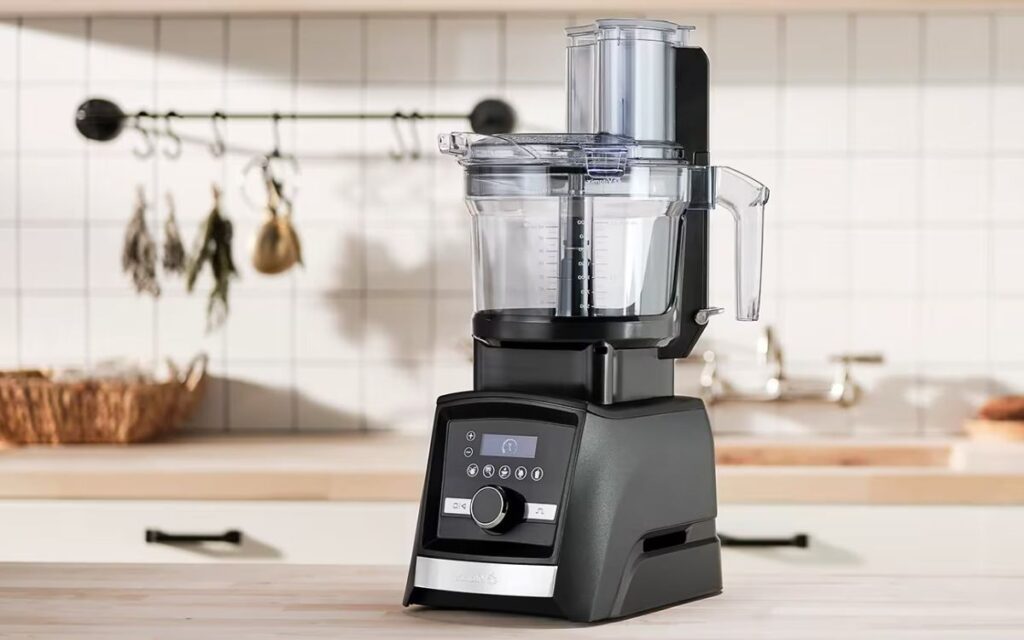
While both food processors and blenders are versatile kitchen appliances, they have distinct uses. A blender is typically used for liquid-based tasks such as making smoothies, soups, or purees, whereas a food processor excels at more solid tasks like chopping, shredding, and slicing. Food processors often have interchangeable blades and disks, which allow them to handle a wider variety of tasks compared to blenders.
Can a food processor chop all types of vegetables?
Yes, a food processor can handle a wide variety of vegetables. Whether you are looking to chop hard vegetables like carrots, or softer ones like bell peppers, a food processor can do it all. Different blade attachments can provide different chopping styles, offering you the flexibility to prepare your ingredients as per your recipe’s requirements.
How to clean a food processor?
After every use, it is crucial to clean the food processor thoroughly to maintain its optimal performance. Most parts of a food processor, including the lid, bowl, and blades, are designed to be dishwasher safe for convenient cleaning.
However, it is important to note that the base of the food processor, which houses the motor, should never be immersed in water. Instead, it should be gently wiped clean with a damp cloth to remove any residue or spills, ensuring its longevity and efficiency.
Once wiped, it is recommended to dry the base thoroughly to prevent any moisture from affecting the motor or electrical components. By following these cleaning guidelines, you can enjoy the benefits of a clean and well-maintained food processor for years to come.
Is it worth buying a food processor?
If your cooking often involves tasks like chopping vegetables, slicing fruits, shredding cheese, or mixing ingredients, then investing in a food processor can save you a significant amount of time and effort in the kitchen.
Not only does it streamline these tasks, but it also opens up a world of new recipe possibilities that would otherwise be impractical or difficult to execute manually. Imagine effortlessly creating homemade pesto, smooth hummus, or perfectly pureed soups with just a push of a button.
Therefore, if you are someone who loves to cook regularly and explore culinary creativity, a food processor can certainly be a worthwhile investment that enhances both your cooking efficiency and the quality of your dishes. Embrace the convenience and unleash your inner chef with the help of this versatile kitchen tool.
How long does a food processor last?
The lifespan of a food processor greatly depends on various factors, including the brand, maintenance practices, and frequency of use. Generally, high-quality food processors can endure for a remarkable 5 to 10 years, even with regular household usage.
However, to ensure optimal longevity, it is highly recommended to diligently follow the manufacturer’s guidelines on care and maintenance. By doing so, you can guarantee that your food processor remains in excellent condition, serving you faithfully for many years to come.
Final Thought
A food processor is more than a kitchen appliance; it’s a culinary catalyst that brings convenience and creativity to your cooking endeavors. Whether you’re a novice cook or a seasoned chef, a food processor can transform your kitchen experience, saving time and manual labor, and allowing you to explore an expansive range of recipes.
All things considered, the decision to invest in a food processor depends largely on your individual cooking habits and needs. If you find yourself regularly chopping, mixing, shredding, or pureeing ingredients, a food processor could prove to be an invaluable asset in your kitchen.
Remember, proper care and maintenance of your food processor can significantly extend its lifespan. Regular cleaning, correct storage, and use within the manufacturer’s guidelines can ensure that your food processor remains in optimal condition for many years, offering endless culinary possibilities.
In conclusion, a food processor can be a fantastic addition to your kitchen arsenal, offering a blend of convenience and versatility. Happy cooking!
